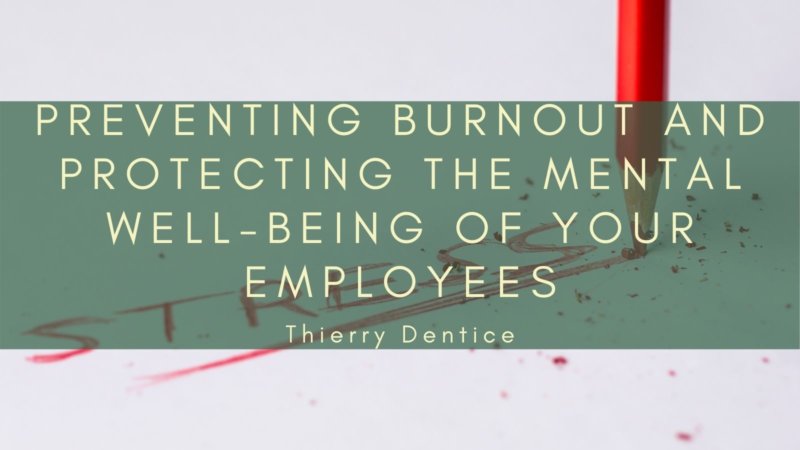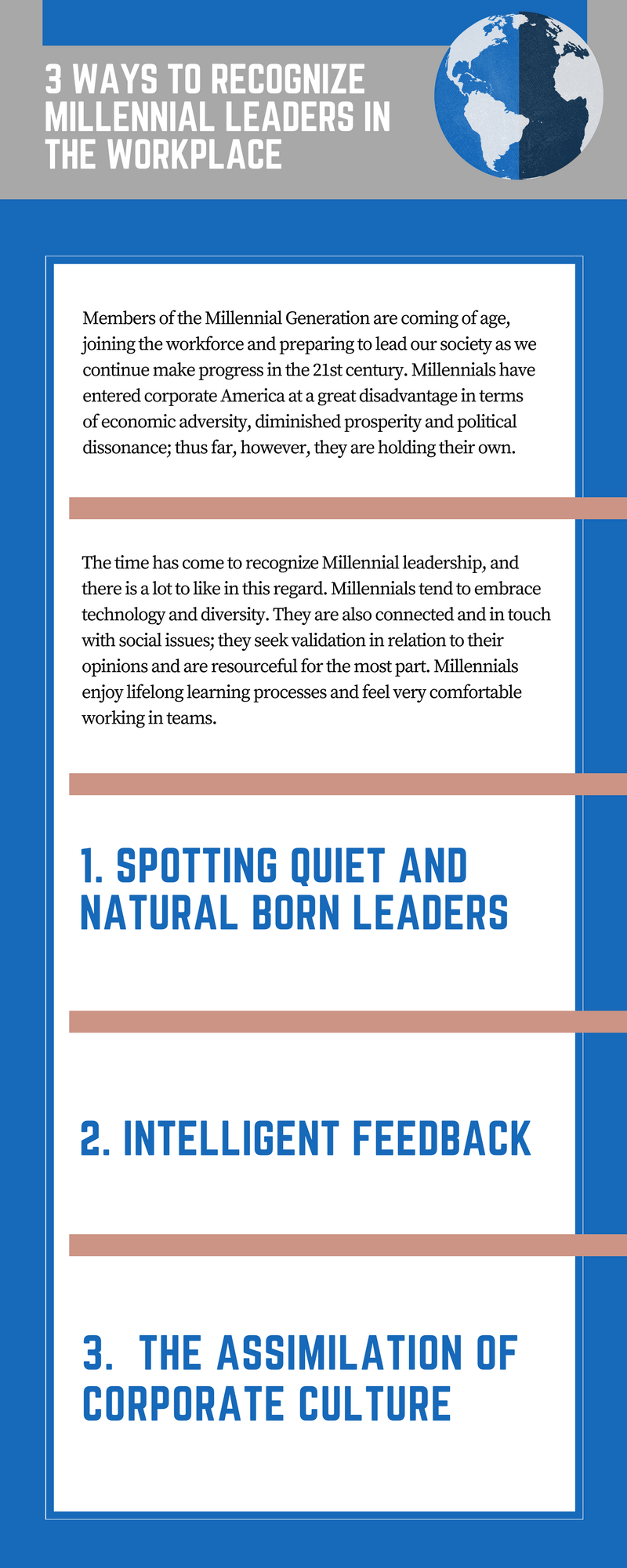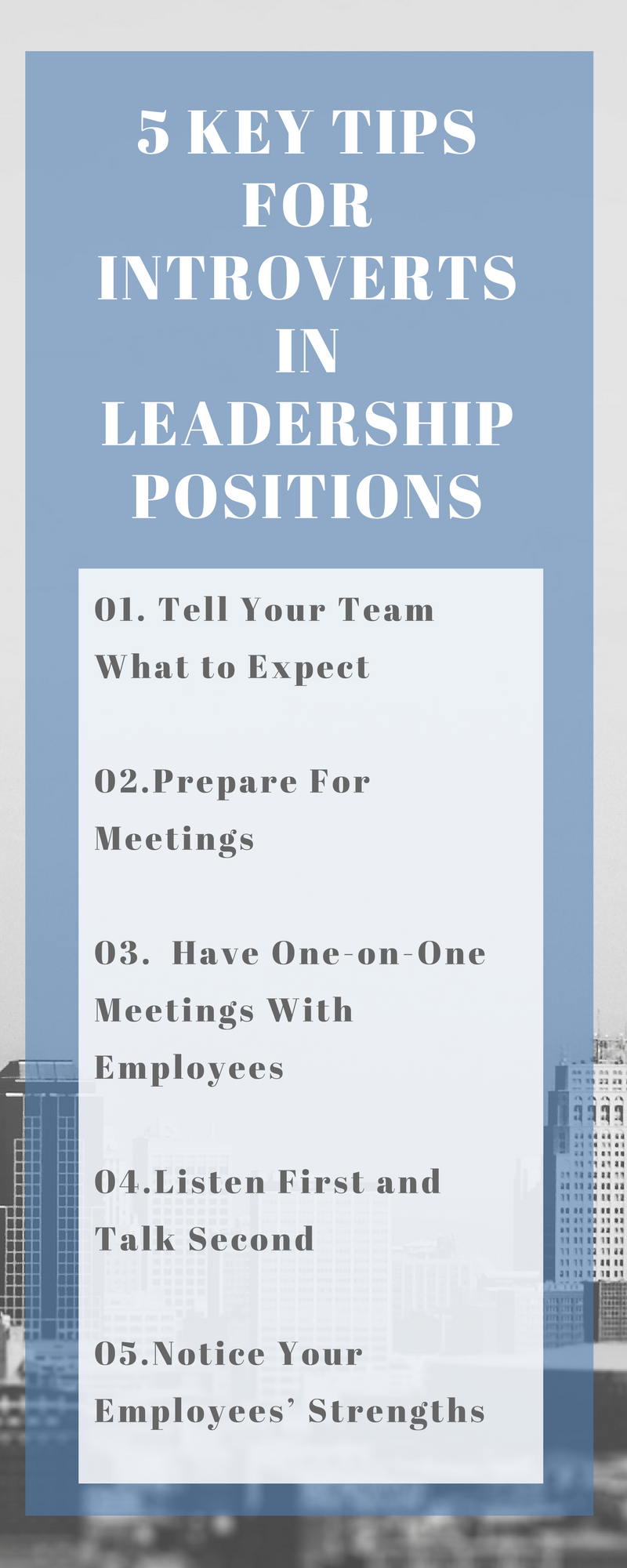Stacey Abrams, activist, lawyer, and politician, is the first Black woman to run for governor for Georgia and come within 55,000 votes of winning. She was instrumental in helping Georgia Democrats to succeed in the 2020 presidential race and the 2021 Senate runoff. Abrams’s strategy for success is to use powerful words for anyone to achieve success.
As the author of a political thriller, Abrams believes the way to be more persuasive is to tell a story and make the narrative about your audience. People tend to be more receptive when they can see themselves in that situation. If the person you’re addressing is a victim of circumstance or can benefit from it, they want to know what you have to say. Abram’s strategy is effective for getting voters to the polls and for anyone in the business sector.
Abrams uses the literary concept of in media res, the Latin term for “in the middle of things.” Get to the issue first, then go back to what the cause was. People respond when you begin with the problem then go back to how they arrived in the situation. Part of her strategy is never to have misconceptions about her audience. By sharing her beliefs with an audience that didn’t necessarily agree with her views, she convinced people to consider what she had to say. She scheduled appearances at Democratic events, but her strategy involved engaging audiences with different interests and ideas.
Stacey appeared at Sci-Fi events, local gun shows, and advertised on country music radio stations. A lot of politicians only seem at events geared toward their political party. Stacey believes that we often tell people they aren’t allowed to hear what we have to say. She wanted people to listen to her message. If they disagreed, they still had the chance to make up their minds. It’s more effective to be persuasive by continuing to get the message out. Don’t speak to the audience once, then go away.
The same principle applies in business. The average person has to see an ad seven or more times before they buy a product. Stacey’s persistence and determination to help fellow Democrats win their elections played a significant role in electing Jon Ossoff and Raphael Warnock. It’s the storyteller’s responsibility to tell the audience the whole story, not just one chapter.











